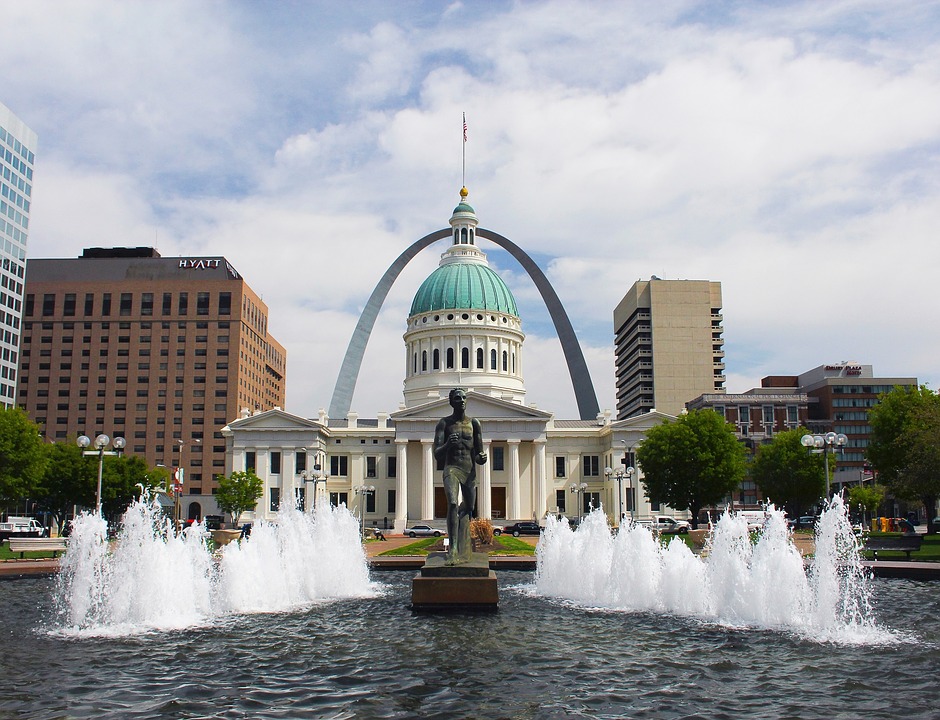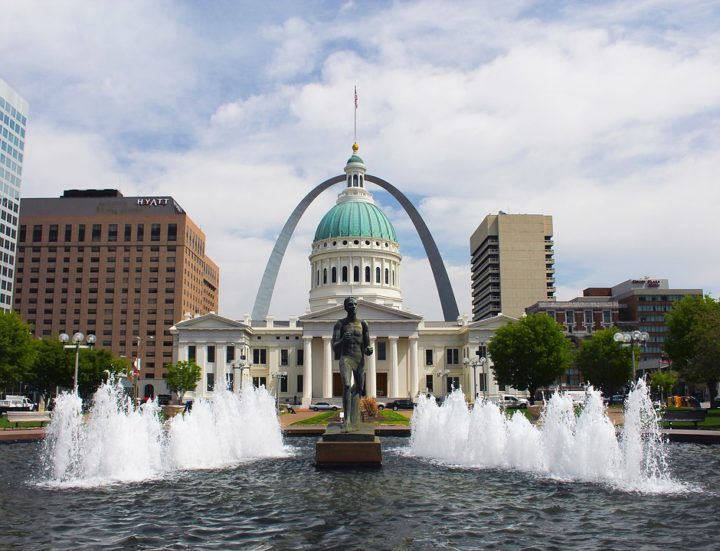Hyperloops coming through the Midwest have become a big subject over the years and are seen by some as an important point of future investment in the region.
On Wednesday, Virgin Hyperloop One announced it released a feasibility study done in preparation for a possible hyperloop route stretching from one end of Missouri to another that connects Kansas City on the west to St. Louis on the east. In a statement, the company confirmed that the project would be doable.
“I hope people get excited about this,” KC Tech Council President Ryan Weber said, per a KSHB local news report. “KC, St. Louis and really the Midwest, we’re leading on a global project here.”
The route could connect passengers going from Kansas City to St. Louis in as little as 30 minutes, whereas it now takes 3 hours and 45 minutes driving on I-70. In terms of costs for passengers, the feasibility study concluded that the rail could charge around $30 per passenger, which is even less than the price of gasoline it takes to drive between the two major cities as it is.
Researchers from Virgin Hyperloop One conducting the study said that Missouri would present the perfect geography for a highspeed rail line because of the straight shot that includes a stop at Columbia, the home to the state’s flagship university, in between. It also benefits by being able to take advantage of the land near I-70.
“If you can go along the interstate with a hyperloop, you solve a lot of problems,” explained Dan Katz, Virgin Hyperloop One’s director of global public policy. “You have your right-of-way controlled by the government. You don’t have to take private land.”
Questions that still need to be answered include how much the project would cost and who is going to pay for it all.
“We’re hoping to get the first systems up and running by the mid-2020s,” said Virgin Hyperloop One’s marketing head Ryan Kelly. “I think for the United States, that is very ambitious, but we would like to see it in the next couple of years, not decades. We’re hoping that before the end of this decade, we can get something up and running.”








